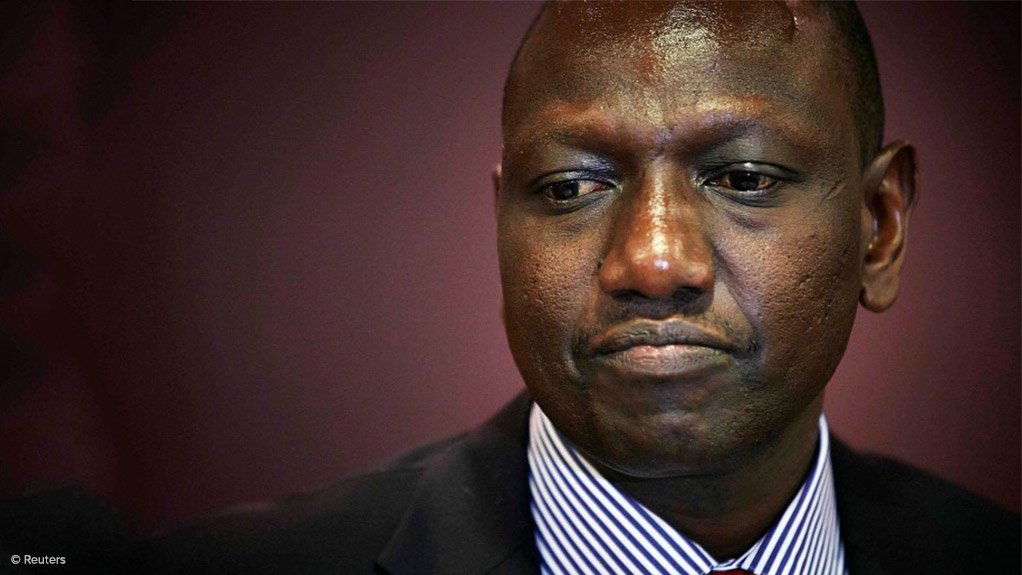Kenyan President William Ruto plans to scrap some tax breaks to help shore up the state’s coffers, a change in strategy that comes after proposals to introduce new levies sparked deadly protests and nearly toppled his government last year before they were abandoned.
The East African nation intends removing tax exemptions on mobile phones, pharmaceuticals, animal feed and other items, and curbing refunds and subsidies to limit tax expenditures currently estimated at about 400-billion shillings ($3.1-billion), Treasury Secretary John Mbadi said on a panel with Nairobi-based Citizen TV late Tuesday. The tax-rebate system was mired in corruption of “unimaginable proportions,” with many fictitious claims being made, he said.
The Treasury expects to collect as much as $232-million from proposed taxes outlined in its so-called Finance Bill in the next financial year, down from $2.7-billion in the current period — a decline it attributed to the decision to walk back on new revenue-raising measures. The authorities will focus on enhancing tax administration, sealing loopholes, making collection more efficient and removing ambiguities in the system, according to Mbadi.
Samuel Mwaura, a tax partner at Grant Thornton Kenya, expects producers to pass on the costs of the changes to the tax regime and that consumers will pick up the tab.
Ruto has been widely derided for his aggressive bid to increase state revenue during his first two years in office, with some nicknaming him Zakayo — Swahili for the biblical tax-collector Zacchaeus. His administration contends that it is necessary to collect additional money because the country is heavily indebted.
The Treasury plans to raise a record 2.76-trillion shillings of ordinary revenue in the fiscal year that begins July 1, and aims to reduce the budget deficit to a decade-low of 4.5% of gross domestic product. Lawmakers have until the end of June to consider the 4.24-trillion-shilling budget and the proposals to fund it.
With limited scope to increase revenue, fiscal consolidation for the upcoming year will be reliant on expenditure cuts — which the government has often failed to achieve, Ayodeji Dawodu, head of Africa research at BancTrust & Co. Investment Bank, said in a note. “If the government will be forced to cut capital expenditure to keep the fiscal deficit below the 4.5% target, it could be a negative for economic activities.”
Kenya is among several sub-Saharan African nations that have had to walk back on planned tax increases due to political and public opposition — last month South Africa ditched plans to raise value-added tax and in March Nigerian lawmakers rejected a proposal to double consumption taxes to 15% over six years.
EMAIL THIS ARTICLE SAVE THIS ARTICLE FEEDBACK
To subscribe email subscriptions@creamermedia.co.za or click here
To advertise email advertising@creamermedia.co.za or click here











